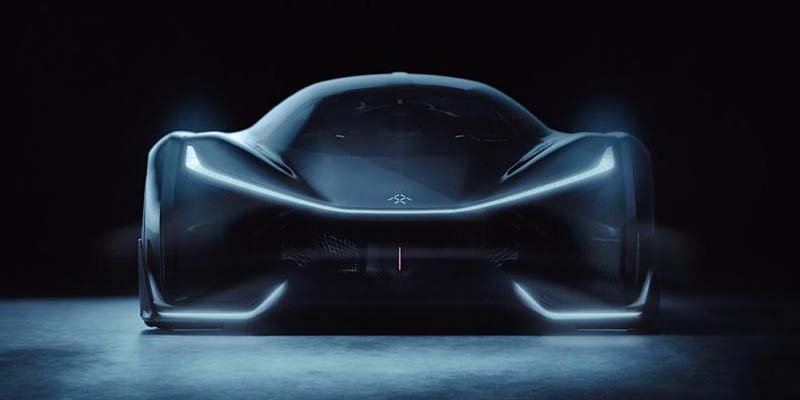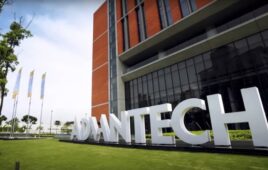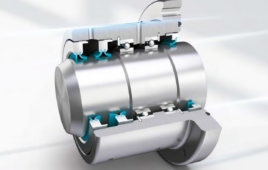
(Image credit: Faraday Future)
Nearly five months ago, a mysterious electric vehicle start-up vowed to build a billion-dollar American factory to turn out cars that would challenge Tesla Motors for industry supremacy.
Today, Faraday Future faces increasing skepticism amid reported production delays, high-profile departures and financial instability.
The Guardian last week profiled the secretive Chinese-backed automaker and quoted a former executive that suggested Faraday’s debut vehicle “is not really a Tesla killer.”
The company reportedly planned to develop a line of 13 models, and filed trademarks for nine of them, before scaling its plans back.
An initial car is expected to go on sale late next year at a cost of more than $150,000, but it will be larger than Tesla’s Model S and likely appeal to different customers.
“It’ll be much heavier, longer and bulkier than a Tesla but really sculpted and beautiful,” the former executive told The Guardian.
Although Faraday’s engineering is reportedly making progress, its self-driving and entertainment systems stalled. The company asked California officials about autonomous vehicle testing, but one former executive predicted it would eventually “end up trying to license autonomy from someone like Google.”
A debut Faraday vehicle was unveiled at the Consumer Electronics Show in January, but only after production problems forced the company to display a non-functioning version of a concept race car.
The announcement also coincided with the loss of Porter Harris, the company’s top battery official, who left to helm a research and development firm.
The greatest concern facing Faraday Future, however, could be its finances. The Guardian, citing Forbes, reported that Jia Yueting — founder of Faraday backer LeTV, since renamed LeEco — saw his fortune reduced from $8 billion to $5 billion amid Chinese market turmoil.
LeEco, meanwhile, stopped trading on the Chinese stock market in early December and has yet to be restored to the index.
Faraday officials maintain that it is meeting its obligations and hiring new employees, but Nevada officials are concerned about the fate of the company’s plant, which is set to be built in North Las Vegas with the help of millions in state tax incentives.
State Treasurer Dan Swartz met with Chinese investors last month, who agreed that Jia “doesn’t have the money” to pay for the factory. Construction is on hold after Swartz stipulated that, before state infrastructure work begins, Faraday must issue a bond to guarantee the project will move forward.
“If I were to sum it up, it’s the emperor’s new clothes,” Swartz told the Los Angeles Business Journal. “If you look at the financials, [Jia] isn’t making any money. He certainly isn’t making any money to fund a billion-dollar car facility.”
Filed Under: Industrial automation




